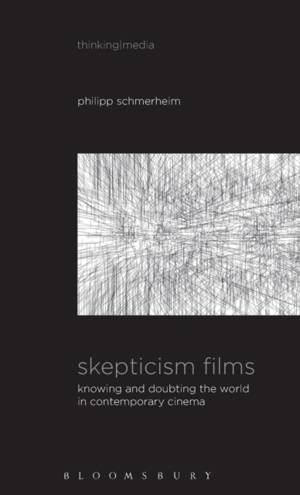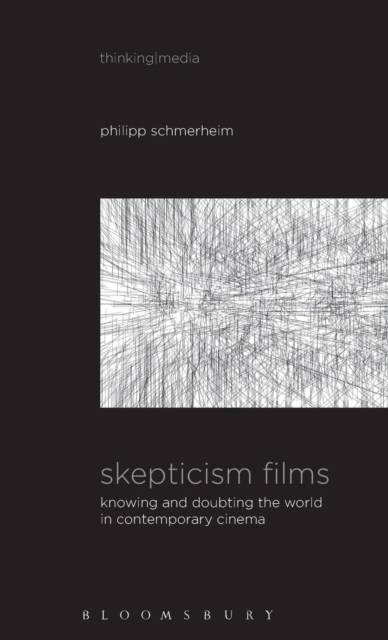
- Retrait gratuit dans votre magasin Club
- 7.000.000 titres dans notre catalogue
- Payer en toute sécurité
- Toujours un magasin près de chez vous
- Retrait gratuit dans votre magasin Club
- 7.000.0000 titres dans notre catalogue
- Payer en toute sécurité
- Toujours un magasin près de chez vous
339,45 €
+ 678 points
Format
Description
Cinema has always displayed an affinity to characters with distorted or even hallucinatory relations to reality. With films such as The Truman Show, the Matrix films or Inception, contemporary filmmakers add another layer to this canon of film characters: unwitting ordinary victims of deception for whom the skepticist fear that the world is not real but a simulation, fake environment or a dream has become true. These are 'skepticism films': dramatized, fictional configurations of the thought experiments which are part and parcel of philosophical reflection on knowledge and doubt.
Skepticism Films: Knowing and Doubting the World in Contemporary Cinema introduces skepticism films as updated configurations of skepticist thought experiments which exemplify the pervasiveness of philosophical ideas in popular culture. Philipp Schmerheim defends a pluralistic film-philosophical position according to which films can be, but need not be, expressions of philosophical thought in their own right. It critically investigates the influence of ideas of skepticism on film-philosophical theories and develops a typology of skepticism films by analyzing The Truman Show, Inception, The Matrix, Vanilla Sky, The Thirteenth Floor, Moon and other contemporary skepticism films. With its focus on skepticism as one of the most significant philosophical problems, Skepticism Films provides a better understanding of the dynamic interplay between film, theories of film and philosophy.Spécifications
Parties prenantes
- Auteur(s) :
- Editeur:
Contenu
- Nombre de pages :
- 352
- Langue:
- Anglais
- Collection :
Caractéristiques
- EAN:
- 9781501310973
- Date de parution :
- 19-11-15
- Format:
- Livre relié
- Format numérique:
- Genaaid
- Dimensions :
- 145 mm x 218 mm
- Poids :
- 589 g

Les avis
Nous publions uniquement les avis qui respectent les conditions requises. Consultez nos conditions pour les avis.






